Buy house, rent it out for a year, then move in-Mortgage options?
vamppire
15 years ago
Related Stories
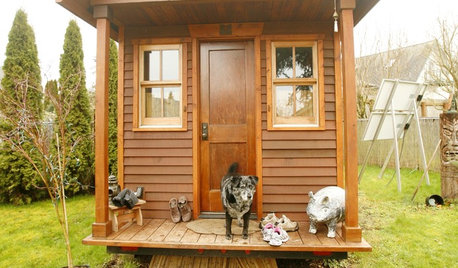
SMALL SPACESLife Lessons From 10 Years of Living in 84 Square Feet
Dee Williams was looking for a richer life. She found it by moving into a very tiny house
Full Story
BATHROOM STORAGE10 Design Moves From Tricked-Out Bathrooms
Cool splurges: Get ideas for a bathroom upgrade from these clever bathroom cabinet additions
Full Story
DECORATING GUIDES10 Easy Fixes for That Nearly Perfect House You Want to Buy
Find out the common flaws that shouldn’t be deal-breakers — and a few that should give you pause
Full Story
MOVINGHome-Buying Checklist: 20 Things to Consider Beyond the Inspection
Quality of life is just as important as construction quality. Learn what to look for at open houses to ensure comfort in your new home
Full Story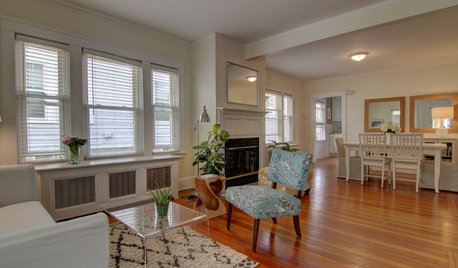
SELLING YOUR HOUSEA Moving Diary: Lessons From Selling My Home
After 79 days of home cleaning, staging and — at last — selling, a mom comes away with a top must-do for her next abode
Full Story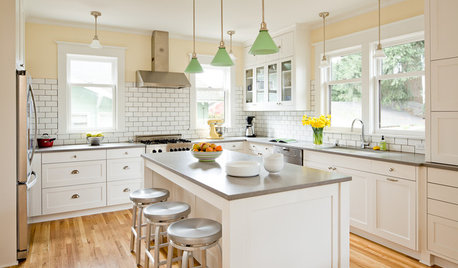
MOVINGThe All-in-One-Place Guide to Selling Your Home and Moving
Stay organized with this advice on what to do when you change homes
Full Story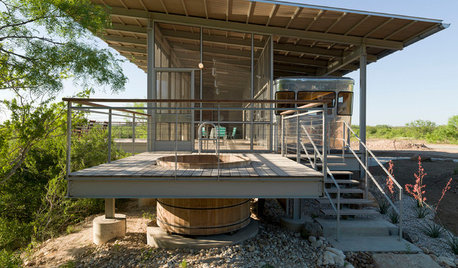
LIFERetirement Reinvention: Boomers Plot Their Next Big Move
Choosing a place to settle in for the golden years? You're not alone. Where boomers are going and what it might look like
Full Story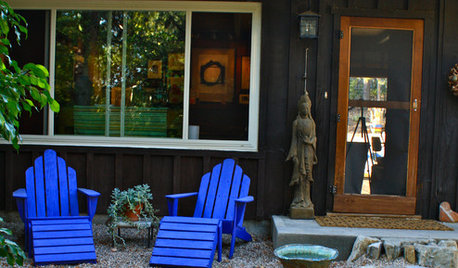
HOUZZ TOURSMy Houzz: Eclectic, Artistic Rented House in Ojai
Original artwork, vintage furniture and vivid colors saturate a designer's quirky Southern California space. And wait 'til you see the swing
Full Story
HOME INNOVATIONSConsidering Renting to Vacationers? Read This First
More people are redesigning their homes for the short-term-rental boom. Here are 3 examples — and what to consider before joining in
Full Story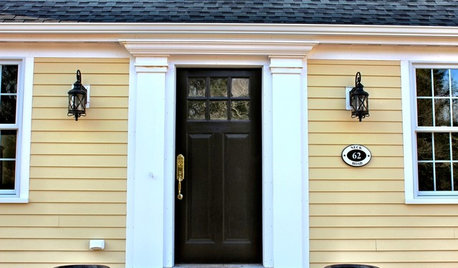
LIFE7 Things to Do Before You Move Into a New House
Get life in a new house off to a great start with fresh paint and switch plates, new locks, a deep cleaning — and something on those windows
Full StoryMore Discussions







dave_donhoff
vamppireOriginal Author
Related Professionals
Lafayette Architects & Building Designers · West Palm Beach Architects & Building Designers · Clive General Contractors · Flint General Contractors · Fredonia General Contractors · Groveton General Contractors · Jefferson Valley-Yorktown General Contractors · Mount Vernon General Contractors · Salem General Contractors · Shaker Heights General Contractors · Williamstown General Contractors · Woodland General Contractors · Security-Widefield General Contractors · East Hanover Interior Designers & Decorators · Ogden Interior Designers & Decoratorsjustnigel
vamppireOriginal Author
dave_donhoff